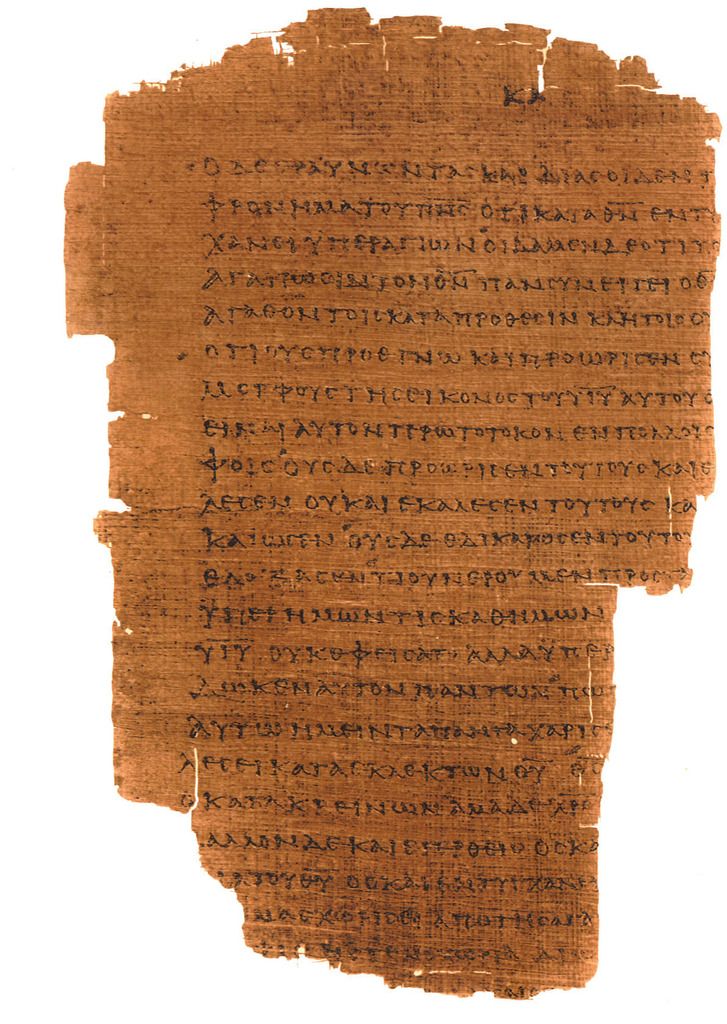Here we have two translations? Which is correct, if either?
And we know that all things work together for good to those who love God… (Rom 8:28 NKJV)
And we know that God causes all things to work together for good to those who love God… (Rom 8:28 NASB)
Do all things work together for good to those who love God, etc.? Or does God work everything together for good to those who love God, etc.
I am amazed at how many translations render it similar to the NKJV. I believe that rendering is false for two reasons. Let’s first examine the Greek text of Textus Receptus from which the King James Version (and the New King James Version) was translated:
οιδαμεν— δε-- οτι τοις----- αγαποσιν τον θεον παντα— συνεργeι ---------εις αγαθον
We know now that to those loving— the God all things works together into good
Now here’s the problem with translating this as “all things work together for good.” That is the order of the words, but παντα (all things) is plural, whereas συνεργeι (works together) is singular. It would be like saying in English, “The boys works together,” instead of “The boys work together.”
Now the word παντα cn be either an nominative plural (subject of a verb) or accusative plural (direct object of a verb). Most translators have considered it to be the subject of the verb συνεργeι (works together). But again, it cannot be, because παντα is plural but συνεργeι is singular. So παντα would have to be the direct object of συνεργeι and since the latter has no word which is the subject, the two words would have to be translated as “he works together all things.”
We find an interesting variation when we examine papyrus 46, which may have been copied shortly after the year 100 A.D. but if not, very likely prior to 150 A.D. It is believed to be the oldest manuscript of any part of the New Testament. In that manuscript the words o θεος (the God) appear immediately after συνεργeι. Now o θεος is in the nominative case, and so it is the subject of a verb, and that verb is none other than συνεργeι.
So it gives the true reading, “God works everything together.”
I am showing below a copy of a photocopy of the page of Papyrus 46 which contains Rom 8:28. As usual all word are in capitals with no spaces between words and no punctutation marks. All sigmas were printed with a character which resembles a capital “C”. So θεος, if it were written in full would look something like ΘΕΟC However, to save papyrus (relatively rare), the scribes in those days shortened the word to just the first and last letter with an overstroke above the letters. So it would be just ΘC with a stroke above.
One more little problem: the ancient page was torn just between the “Θ” and the “C”. But the overstroke is clearly visible. In the photocopy below, please look at the very end of line 4. There you will seee the “Θ” and the overstroke.


 . Of course there is also the problem of spin though that may be streaching the issue a bit; or maybe not!
. Of course there is also the problem of spin though that may be streaching the issue a bit; or maybe not!